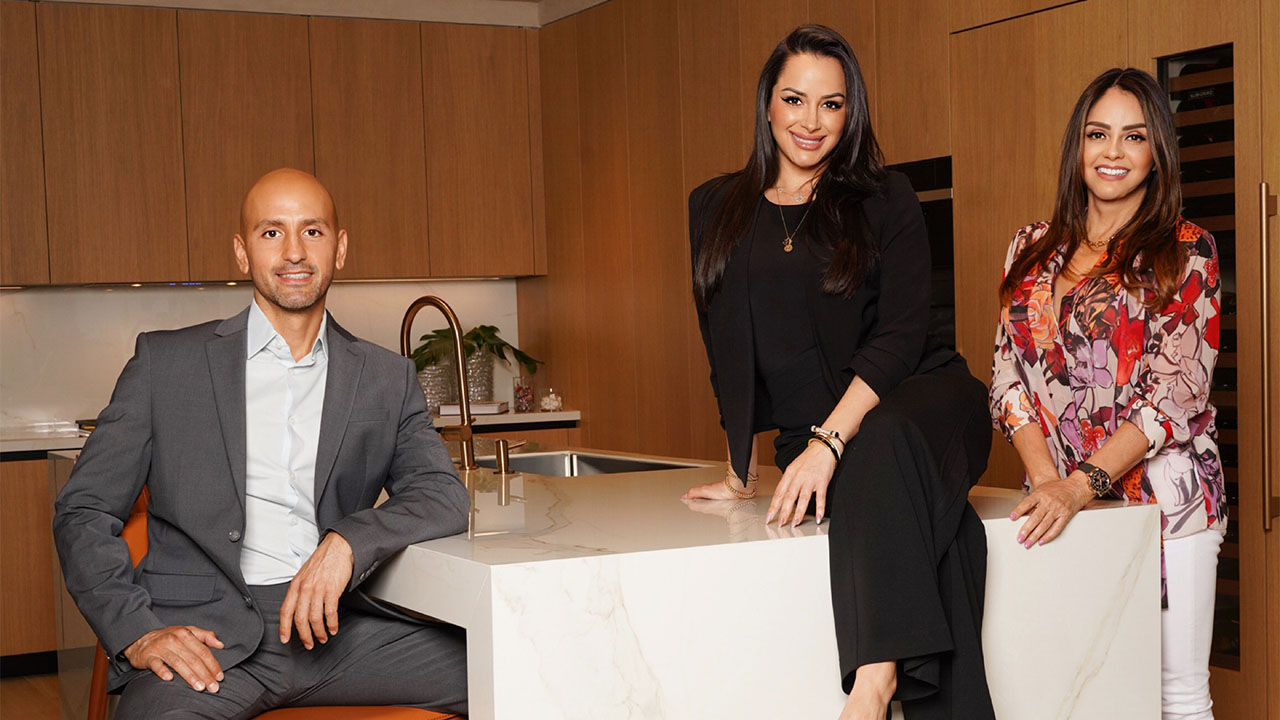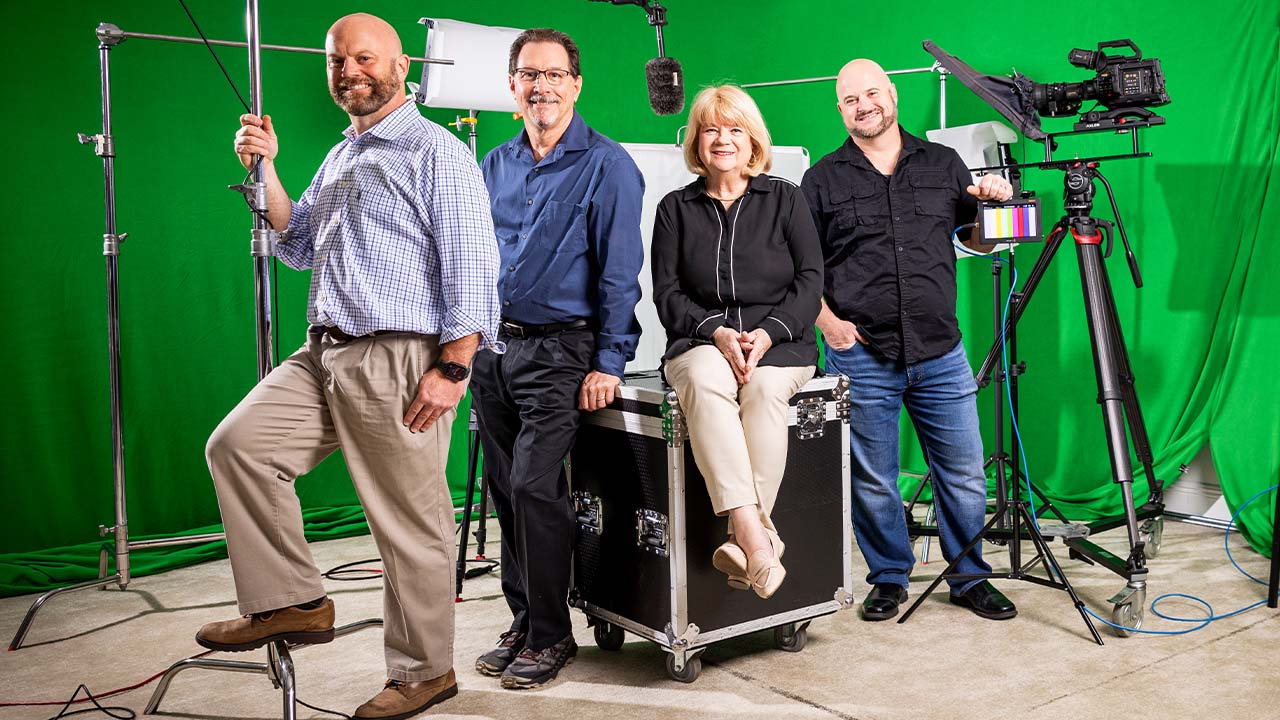As the president of Starmark, a national integrated marketing agency headquartered in Fort Lauderdale, Jacqui Hartnett has seen firsthand how productivity works. Her tenure with the company has defined her career—she completed a six-year stint with Starmark that ended in 1992, and returned to the company in 2005, spending five years as chief operating officer before ascending to her current role.
Starmark is unique in that it has put a great amount of thought and resources into not just what work gets done, but how. For Starmark, hybrid work, with its arbitrary office days, is out. The company’s executives have banned the practice and even the term. According to Starmark’s executive creative director Dale Baron, when artificial schedules are removed, creativity and accountability are enhanced. “It’s exciting to see that when you give team members the ability to own the solution for the client, they take responsibility,” Baron says. “They surprise each other with the ingenuity of their solutions and the quality of their work. Every team member owns and champions the goals. It’s built into how we work.”
Instead of hybrid, Starmark employs a work philosophy called “orbits,” which is characterized by intentionality. If work is to be accomplished in the office, there has to be a purpose to justify it. Where the team works—in addition to what they will be working on—becomes part of the collaborative process. Hartnett sketches out this new workable workplace reality.
Why remote work is here to stay: “We’ve all been working remotely for two years,” Hartnett says, “and the American workforce has been getting it done for their organizations, so it does not surprise me that going forward this is going to be a normal state-of-affairs, where people are going to work where they’re most productive.”
Why some companies have made the shift more seamlessly: “It starts at the top, and I think what you’re seeing in terms of publicly traded companies and privately held companies is that it’s hard to change if you’re not open to new ideas and if you want to know where everybody is—and if you were managing that company before covid, with a clipboard, asking what everyone is going to do for you today,” she says. “Then, it’s hard to flip a switch with the first global pandemic that’s affecting the U.S. economy and all of our businesses. But if you were running your organization prior to COVID, allowing your leadership to take responsibility, and allowing your team to get their work done, this shouldn’t be a hard shift to do.”
Why Starmark hates hybrid: “What I don’t like in the traditional hybrid model right now—mandating in-office work Mondays, Wednesdays and Fridays, for example—is that we’re creating new Mondays; now we have multiple Mondays in a week, and multiple Sunday nights in a week,” Hartnett says. “My millennial children call these days ‘scary Sundays’”—the anxiety-ridden preparation for the following day in the office. “And now we’re multiplying that.” And scary Sundays are a particular burden for parents with young children, who must rearrange schedules a couple of times a week.
What orbiting means: “All work is not easily done remotely, and in our new process, called orbiting, we’re acknowledging—and especially because we’re in a creative business—when in-person reaction and collaboration is better than digital collaboration,” she says. “We tell people to think about where they can be most productive, and work there, whether that’s at home, or at headquarters, or that’s at a client’s office, or in the field. And we trust you to choose that, and we trust you to say when you all want to work as a team together.”
Rethinking “wasted” time: “In the past, working from home was considered time wasted—whether the employee had to go a child’s recital that day or wait for the cable guy,” Hartnett says. When and how to use PTO becomes complicated in such scenarios. “But we never had a problem when someone called to say, ‘I’m going to work from home today so I can write this grant application,’ or ‘I’m going to work from today so I can make sure we get this proposal out the door.’ No one ever questioned that. Why would we question it now?”
How we normalize flexibility and avoid awkward conversations: “All we should have to say—and in our organization, you don’t even have to say it; you just put it on your calendar—is where you’re working is where you’re most productive,” Hartnett says. “I don’t think people should have to defend their choices.”
















